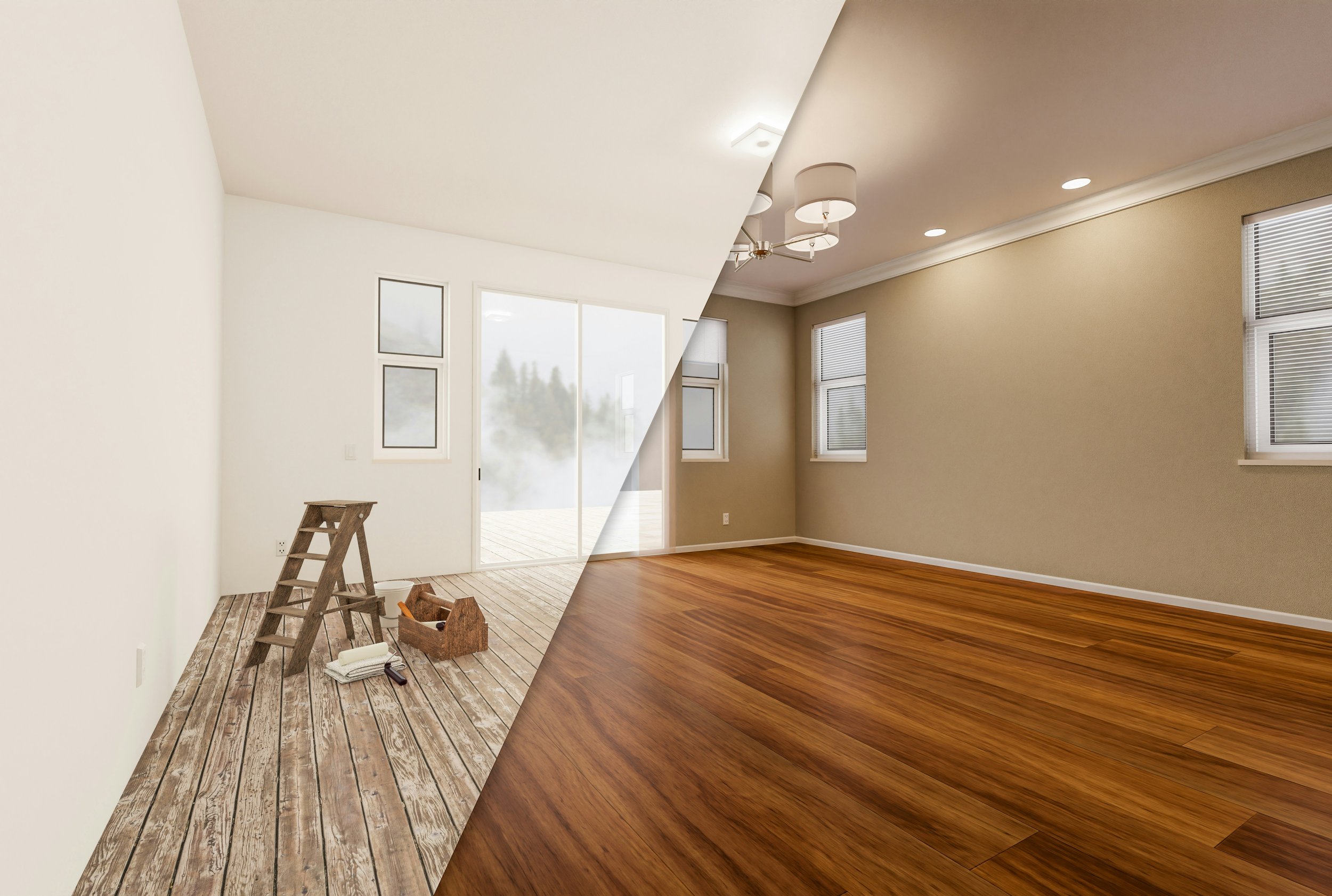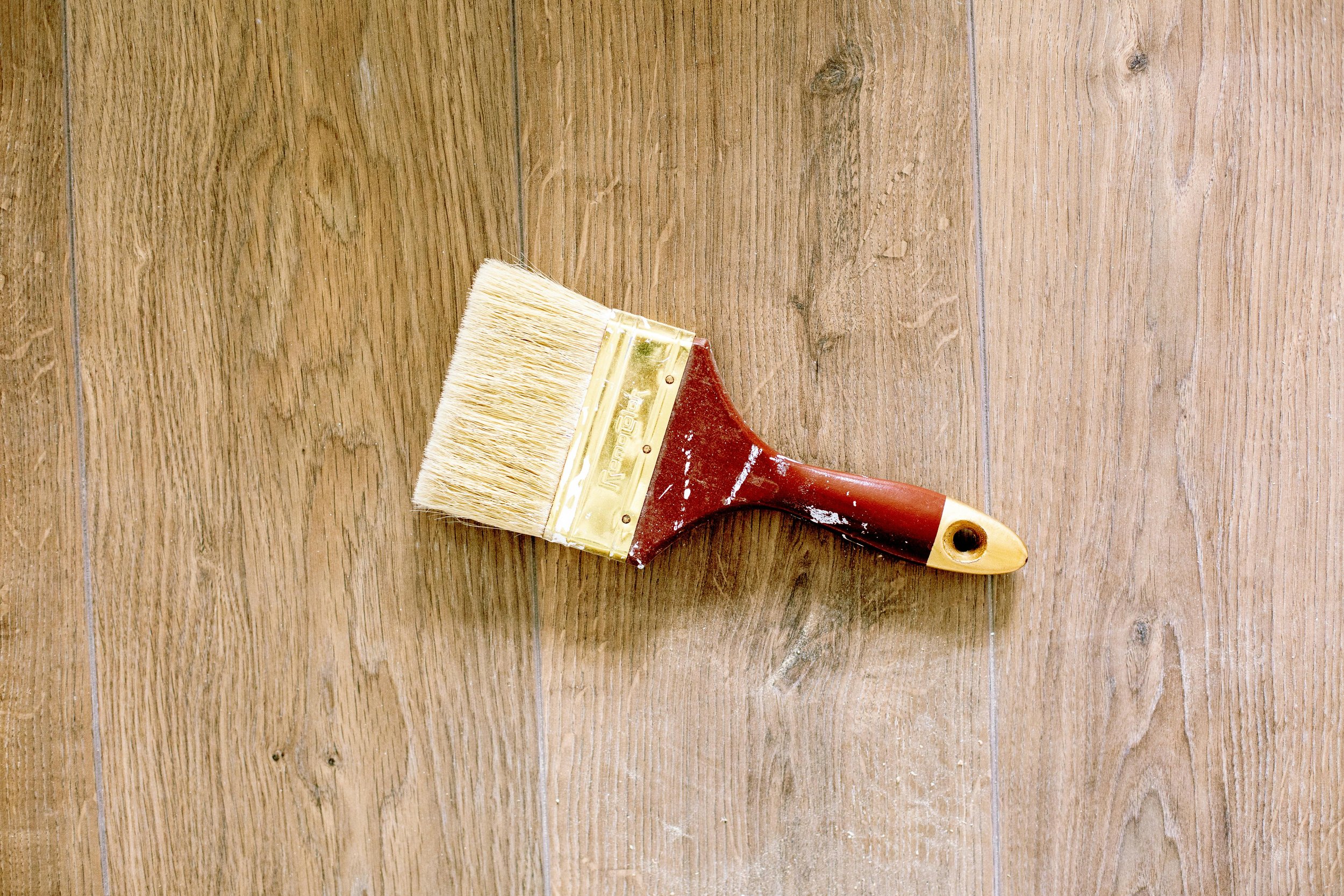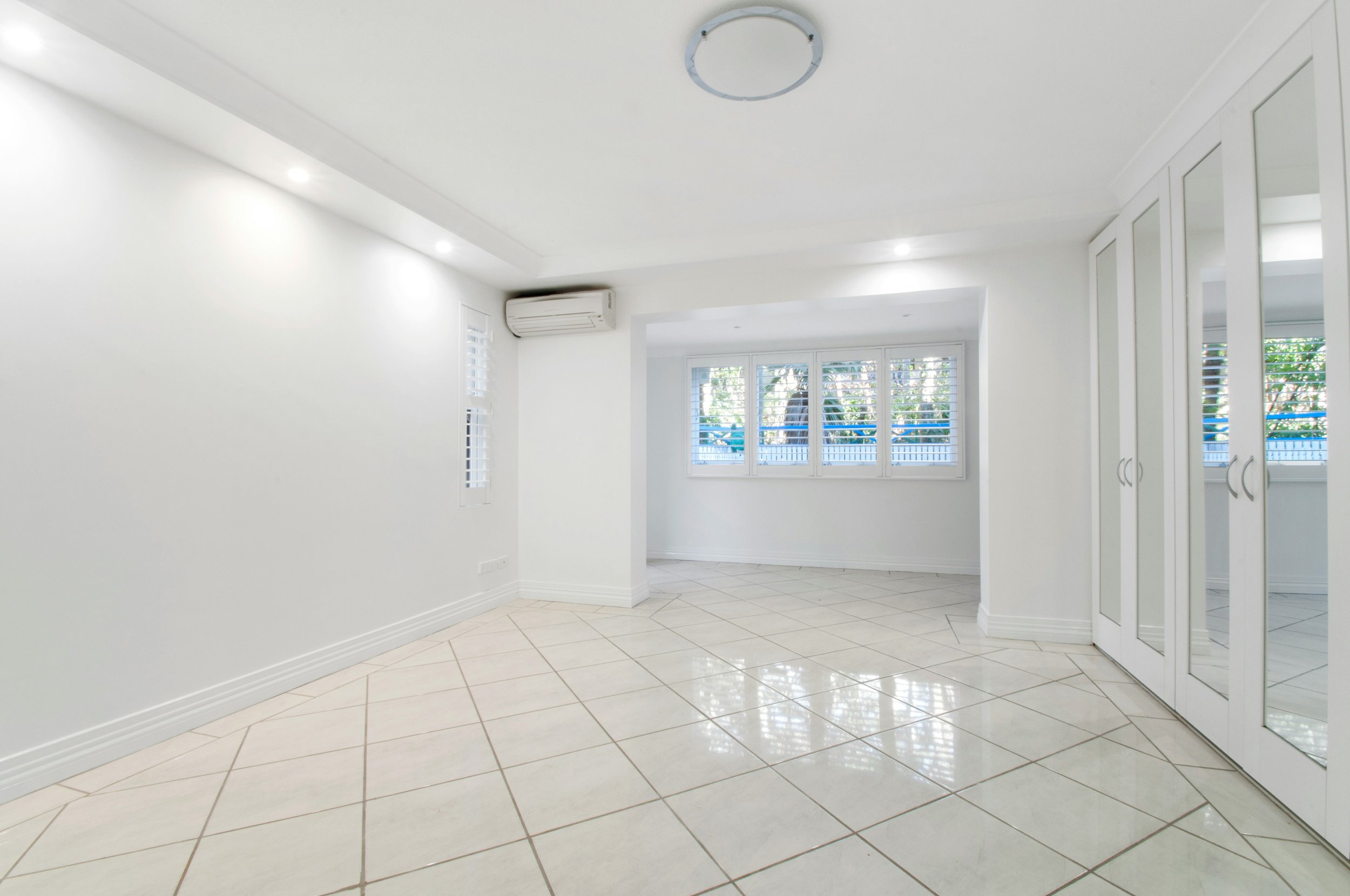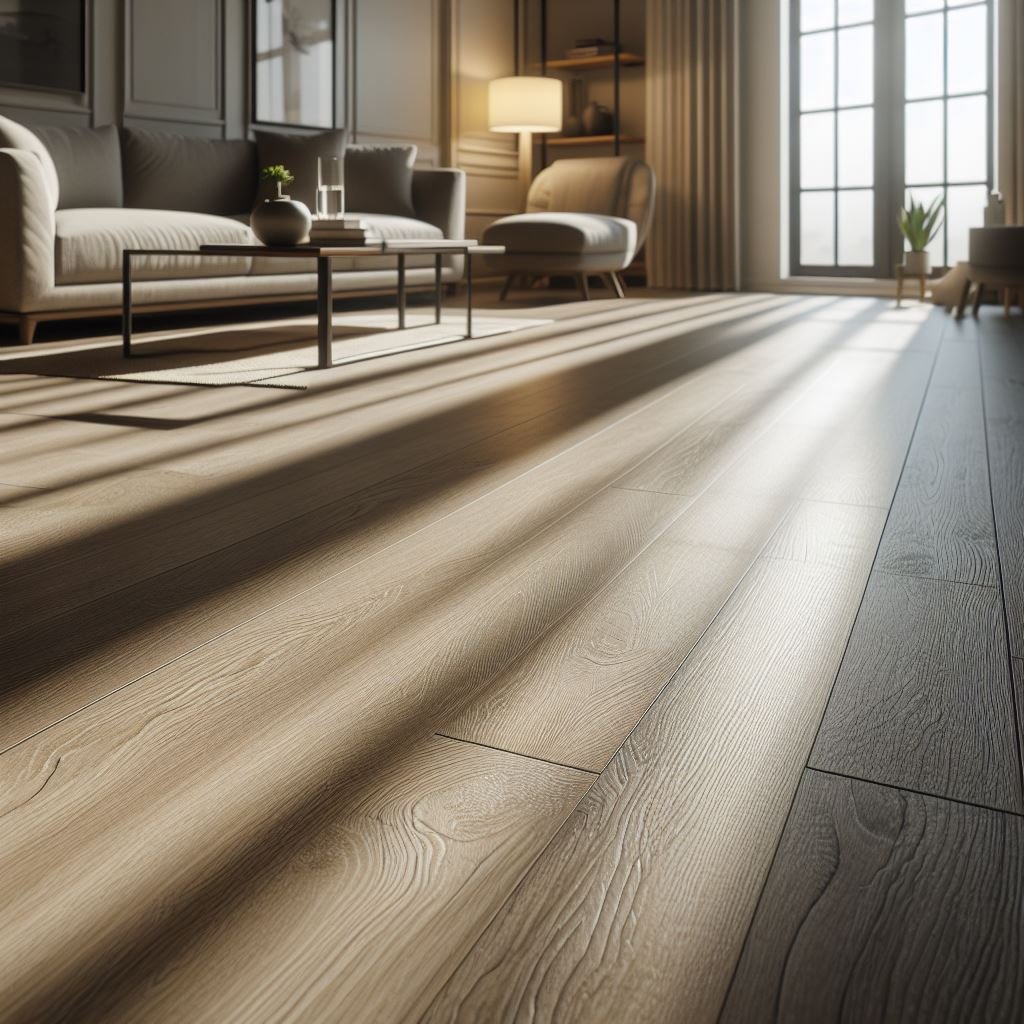How Much Does Concrete Flooring Cost? A Guide
Wondering how much concrete flooring costs? This guide breaks down pricing factors, installation tips, and cost comparisons to help you plan your next project.
Concrete flooring is no longer just for garages or basements. These days, it’s a trendy, versatile choice for homes and businesses alike. From sleek polished finishes to rustic stained designs, concrete floors can fit almost any aesthetic. But before diving into this stylish flooring option, there’s one burning question: How much does concrete flooring cost?
In this guide, we’ll tackle everything you need to know about the cost of concrete flooring. Whether you’re planning a DIY project or hiring professionals, understanding the price breakdown will help you stay on budget and avoid surprises. Let’s dive in!
Why Choose Concrete Flooring?
Before getting into the dollars and cents, let’s talk about why concrete flooring has become so popular:
Durability: Concrete floors can withstand heavy traffic, making them perfect for high-use areas.
Versatility: From polished finishes to decorative staining, concrete can mimic other materials like wood or stone.
Low Maintenance: Unlike carpets or hardwood, concrete requires minimal upkeep—just a regular sweep and occasional seal.
Eco-Friendly: Concrete uses fewer natural resources and can help with energy efficiency by retaining heat or staying cool.
Concrete floors offer a range of benefits that make them an excellent choice for both residential and commercial spaces. Durability is one of the primary advantages, as concrete can withstand heavy traffic, making it ideal for high-use areas like kitchens, hallways, and entryways. Additionally, concrete is highly versatile—with various finishes, including polished, stained, or even decorative patterns, it can mimic the appearance of materials like wood or stone without the high maintenance. Speaking of maintenance, concrete floors are low maintenance; they only require regular sweeping and occasional sealing to maintain their appearance and durability. Furthermore, concrete is an eco-friendly option, using fewer natural resources and offering energy efficiency by helping to retain heat in the winter or stay cool in the summer.
How Much Does Concrete Flooring Cost? A Guide to Pricing
1. Average Cost of Concrete Flooring
The cost of concrete flooring can range widely depending on factors like finish, size, and location. On average:
Basic Concrete Floors: $2 to $6 per square foot
Decorative Concrete Floors: $5 to $15 per square foot
High-End Custom Designs: $15+ per square foot
The cost of concrete flooring can vary widely depending on the type of finish and customization you choose. Basic concrete floors are the most affordable option, typically ranging from $2 to $6 per square foot, offering a durable, low-maintenance surface without additional embellishments. If you're looking for something more visually appealing, decorative concrete floors can range from $5 to $15 per square foot. These include options like staining, stamping, or polished finishes, which add aesthetic value to your space. For those who desire truly unique and intricate designs, high-end custom concrete floors can cost $15 or more per square foot. These custom designs allow for personalized textures, colors, and patterns, providing a luxurious and tailored look for your home or business.
2. Factors That Affect Cost
Size of the Area
Larger spaces generally cost more in total, but the cost per square foot may decrease due to economies of scale.
Type of Finish
Polished concrete is more expensive than a simple smooth finish.
Stains, dyes, and stamped patterns can add significant costs.
Condition of the Existing Floor
If the surface needs repairs or leveling before applying concrete, you’ll face higher labor costs.
Location
Costs vary depending on where you live. Urban areas typically have higher labor costs than rural regions.
Labor vs. DIY
Hiring professionals can double the cost, but it ensures a flawless finish. DIY projects save money but require time and skill.
When considering a concrete flooring project, several factors can influence the overall cost. Size of the area is a primary consideration—larger spaces tend to cost more overall, but the price per square foot may decrease due to economies of scale. The type of finish you choose also plays a significant role; for example, a polished concrete finish will generally be more expensive than a simple smooth one, and additional treatments like stains, dyes, and stamped patterns can add substantial costs. The condition of the existing floor is another factor; if repairs or leveling are needed before applying the concrete, labor costs will rise. Additionally, costs vary by location, with urban areas typically having higher labor fees than rural ones. Finally, deciding between labor vs. DIY can also impact costs, as hiring professionals guarantees a high-quality finish but increases expenses.
Types of Concrete Flooring and Their Costs
1. Polished Concrete
Cost: $3 to $12 per square foot
Why It’s Popular: Sleek, modern, and reflective, polished concrete is perfect for contemporary spaces.
2. Stained Concrete
Cost: $2 to $15 per square foot
Why It’s Popular: Stains can transform plain concrete into a vibrant or rustic surface.
3. Stamped Concrete
Cost: $8 to $18 per square foot
Why It’s Popular: Mimics the look of stone, brick, or wood, adding texture and elegance.
4. Epoxy Coated Concrete
Cost: $3 to $12 per square foot
Why It’s Popular: Durable and customizable, epoxy coatings are ideal for garages or industrial spaces.
5. Overlay Concrete
Cost: $5 to $10 per square foot
Why It’s Popular: Perfect for resurfacing old floors, overlays can include decorative finishes.
DIY vs. Hiring Professionals
DIY Concrete Flooring
Pros:
Cost Savings: DIY projects can save you up to 50% on labor costs.
Creative Control: Customize your design as you see fit.
Cons:
Skill Required: Mixing, pouring, and finishing concrete isn’t as easy as it looks.
Time-Consuming: Be prepared to dedicate several days to the project.
Taking on a DIY concrete flooring project can offer significant benefits, but it's important to weigh the pros and cons before diving in. One of the main pros is cost savings, as handling the project yourself can save you up to 50% on labor costs, making it a more affordable option. Additionally, creative control is another benefit, allowing you to fully customize the design and finish to match your vision. However, there are cons to consider. Skill is required to mix, pour, and finish the concrete properly, and without experience, it can be challenging to achieve a flawless result. Another downside is that the project is time-consuming, often taking several days to complete, especially if you're new to the process. Consider these factors before deciding to go the DIY route.
Hiring Professionals
Pros:
Expertise: Professionals deliver high-quality results with fewer mistakes.
Time Efficiency: A professional crew can complete the job in less time.
Cons:
Higher Cost: Labor adds significantly to the overall expense.
Hiring professionals for your concrete flooring project comes with several advantages that can make the investment worthwhile. One of the key pros is their expertise—professionals have the skills and experience to deliver high-quality results with fewer mistakes, ensuring a smooth, flawless finish. Additionally, time efficiency is a major benefit, as a professional crew can complete the job much faster than a DIY project, minimizing disruptions to your home or business. However, there are cons to consider as well. The most significant downside is the higher cost—labor adds a substantial amount to the overall expense, which can make hiring professionals significantly more expensive than tackling the project yourself. Weighing these pros and cons will help you make the best decision for your needs and budget.
Hidden Costs to Watch Out For
Even if you’ve budgeted carefully, there are a few sneaky costs that could catch you off guard:
Subfloor Preparation: Removing old flooring or leveling an uneven surface can add hundreds to your bill.
Sealing and Maintenance: While concrete is low maintenance, regular sealing (every 2-3 years) is necessary for longevity.
Heating Systems: If you’re adding radiant heating under your concrete floor, expect an additional $5 to $10 per square foot.
Permits: Depending on your area, permits for large flooring projects may be required.
How to Save Money on Concrete Flooring
Opt for Basic Finishes: Skip elaborate designs and stick with a simple polished or stained finish.
DIY Where Possible: Even if you hire professionals for the main pour, consider doing the finishing touches yourself.
Shop Around: Get quotes from multiple contractors to find the best deal.
Reuse Existing Materials: If your subfloor is in good shape, you can save on prep costs.
Conclusion
So, how much does concrete flooring cost? The answer depends on factors like size, finish, and labor, but the average range is $2 to $15 per square foot. Whether you’re aiming for a sleek polished look or a rustic stained design, concrete flooring offers durability, style, and versatility that’s hard to beat.
With this guide in hand, you’re ready to plan your concrete flooring project with confidence. Whether you go DIY or hire professionals, your space is sure to look stunning with this timeless option. So, what are you waiting for? Get started on your dream floor today!
Frequently Asked Questions
1. Is concrete flooring cheaper than hardwood?
Yes, concrete flooring is generally cheaper than hardwood, especially for basic finishes. However, high-end concrete designs can cost as much as premium hardwood.
2. How long does concrete flooring last?
With proper care, concrete floors can last 50 years or more, making them a cost-effective option in the long run.
3. Does concrete flooring require maintenance?
Yes, concrete floors need regular cleaning and occasional resealing to maintain their appearance and durability.
4. Can I install concrete flooring over existing tile?
Yes, but the tile must be properly cleaned, leveled, and prepped before applying the concrete overlay.
5. Is concrete flooring suitable for all rooms?
Concrete is versatile and works in most rooms, but it can feel cold and hard underfoot, so consider adding rugs in living areas or bedrooms.











